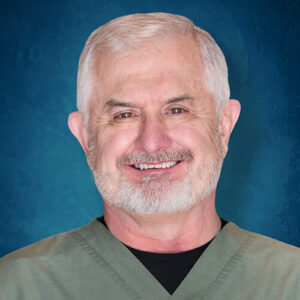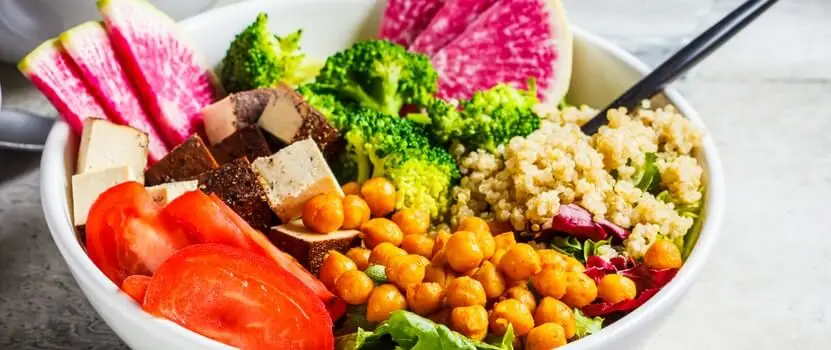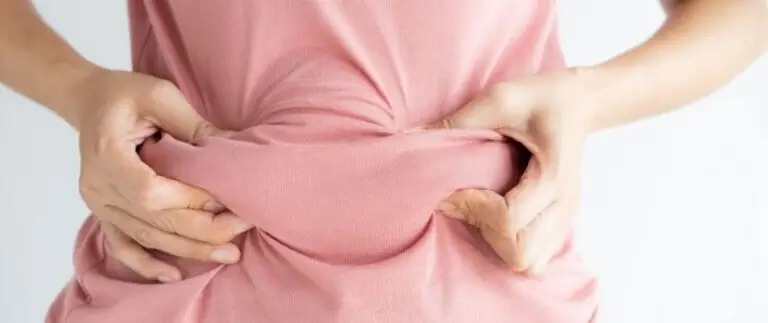Any time you go through a medical procedure, you need to take time to recover. It allows your body to heal properly and reduces the risk of complications. This may include resting more than usual, wearing compression garments, and avoiding exercise for a predetermined period of time. But, what about food? Is there anything you should be doing, nutrition-wise, to ensure your overall well-being? The answer is yes. You should be mindful of the things you eat while you’re recovering from a cosmetic enhancement such as liposuction.
Best Foods to Eat After a Liposuction
First things first. After undergoing liposuction, it’s crucial to stay hydrated. This will help reduce inflammation and swelling that is a normal part of the healing process.
After undergoing liposuction, you’ll want to eat nutritionally-dense whole foods. Foods that are rich in protein will help promote cell growth. In turn, this speeds up the regeneration of healthy tissue for your skin and muscles. Some examples include adding dark leafy greens, fish, whole grains, nuts, and legumes to your meals.
If you’re unsure that you’re getting all the necessary nutrients, talk to your doctor about taking nutritional supplements and vitamins — especially vitamins D and magnesium. Specifically, vitamin D increases the creation of cathelicidin — a peptide in your immune system that’s designed to fight off infections. By the same token, magnesium can lower inflammation. Foods that are rich in these nutrients include:
- Spinach
- Avocado
- Salmon
- Egg yolks
- Sardines
- Fortified cereals
- Swiss cheese
- Dark chocolate
- Soy milk
- Bananas
- Potatoes — with their skin
- Black and/or kidney beans
- Pumpkin seeds, cashews, and peanuts
If your doctor prescribes antibiotics, you’ll want to add probiotics to your meals. These are microorganisms that restore your gut bacteria. Examples of such foods include yogurt, kefir, tempeh, miso, kimchi, kombucha, and pickles.
You can also opt to eat bland foods to allow your digestive system more time to rest. This gives your body more energy to invest in the healing process. This would include pureed fruits and vegetables, roasted chicken without skin, hot cereals, and brown rice.
Foods to Avoid After a Liposuction
You’ll also want to avoid any foods that cause inflammation. These include those that are sugary and high in saturated fats, including:
- Fried foods
- Baked goods
- Sodas
- Fast food
- Sugary cereals
- Processed meats — such as hot dogs, salami, or bacon
- Refined grains — such as white bread, pasta, rice, and crackers
You’ll also want to avoid spicy foods as you heal, since these may upset your stomach. Finally, stay away from alcohol for about two weeks so that your liver and immune system can direct all their efforts on your healing process. In addition, if your doctor prescribes antibiotics, alcohol may not interact well with them.
If You’re Thinking About Cosmetic Enhancements, Contact Innovations Medical
If you’re looking to reshape your body and boost your self-confidence, Innovations Medical is here for you. We’ll answer your questions and resolve any concerns you have about cosmetic procedures. We’ve been helping our patients look their best since 2005, and even our most advanced procedures are often minimally invasive.
To explore cosmetic options and learn how Innovations Medical can bounce back your body, call us at (214) 643-8665 or schedule a consultation.





